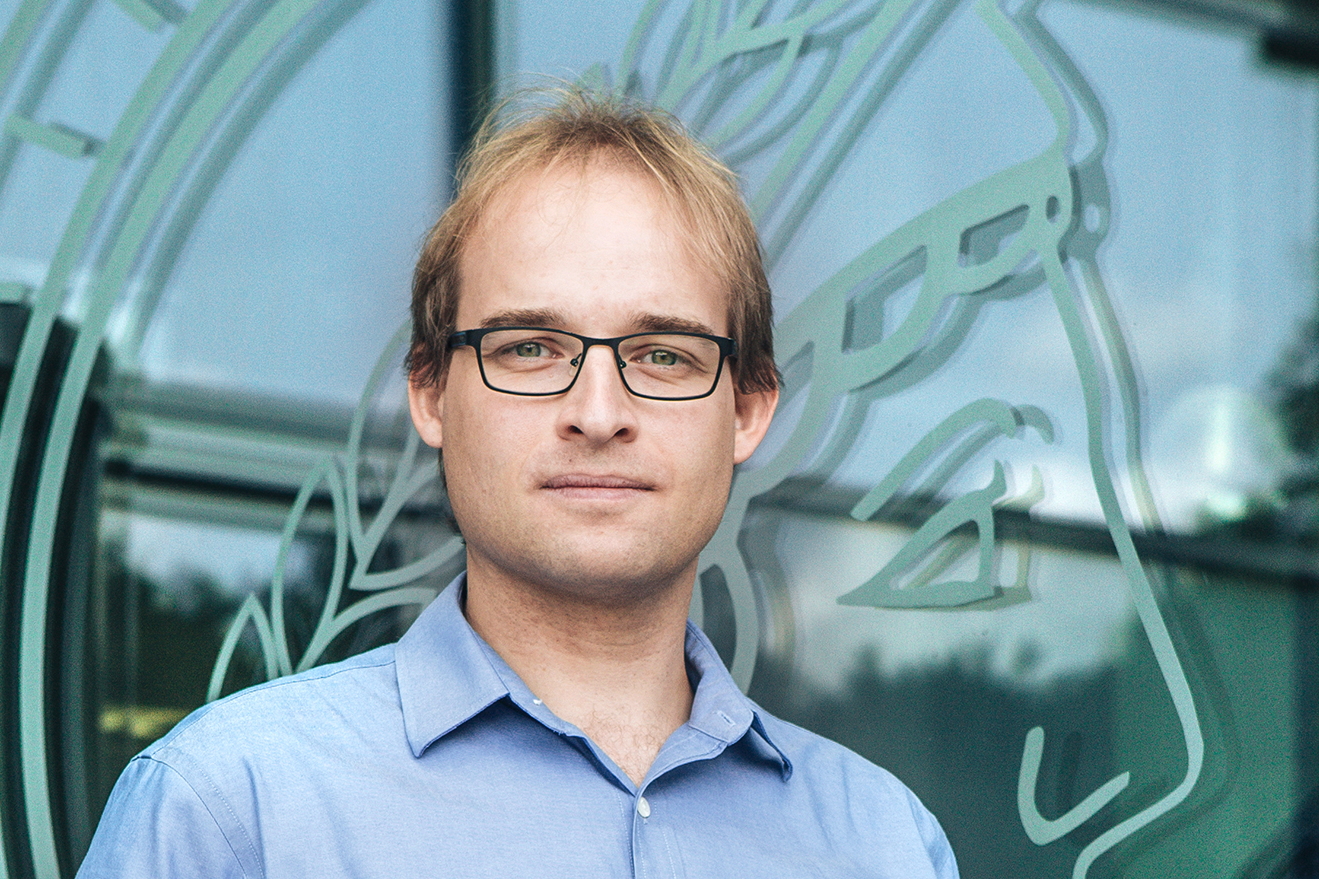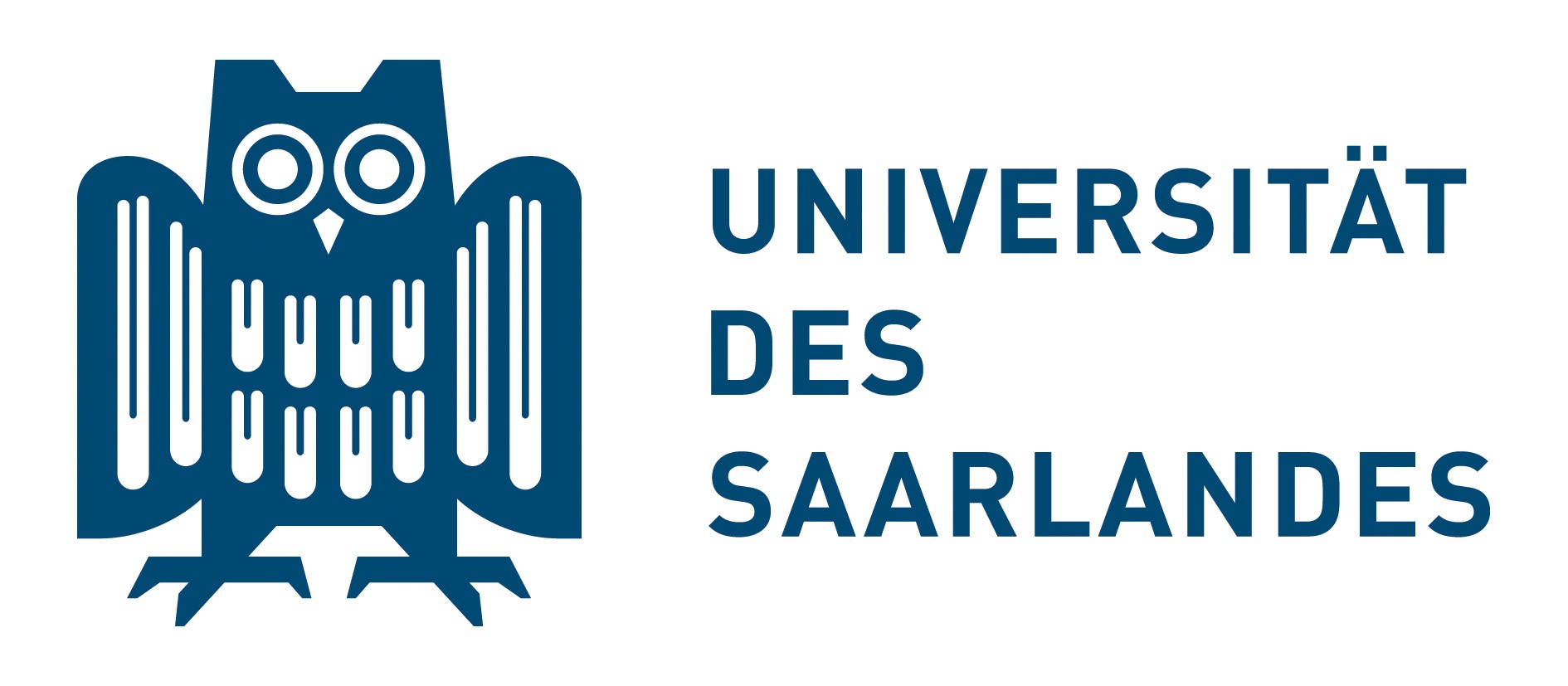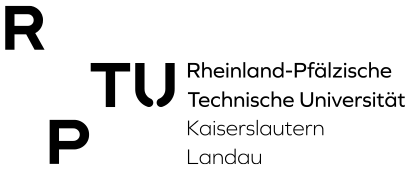Groups and Researchers in this Field
Perceiving Systems
Michael J. Black is one of the founding directors of the Max Planck Institute for Intelligent Systems, where he leads the Perceiving Systems Department. His research addresses a variety of topics relating to computer vision and perception: the statistics of natural scenes and their motion; articulated human motion pose estimation and tracking; the estimation of human body shape from images and video; the representation and detection of motion discontinuities; and the estimation of optical flow. His early work on optical flow has been widely used in Hollywood films. He also does research on neural engineering for brain-machine interfaces and neural prostheses. He is an honorary professor at the University of Tübingen, visiting professor at ETH Zürich, and adjunct professor (research) at Brown University. Read more

Real-Time Systems
Björn Brandenburg is a Max Planck Research Group leader, heading the Real-Time Systems group at the Max Planck Institute for Software Systems. His main research interests are real-time systems, operating systems, synchronization protocols, and embedded systems, with a focus on the design and implementation of systems that are robust, efficient, and amenable to a priori analysis. To this end, the group engages in both systems building and the development of novel analysis methods. As a result of his work with OS kernels, he is also interested in the construction, testing, validation, and performance evaluation of operating systems and other complex systems software. Read more
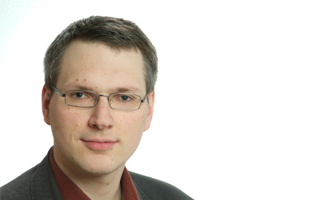
Micro, Nano, and Molecular Systems
Peer Fischer heads the Micro Nano and Molecular Systems Lab at the Max Planck Institute for Intelligent Systems and he is a Professor at the University of Stuttgart. The focus of his research are the development of nanorobotic systems, as well as the use of physical fields (light and acoustic fields) for computation, cyber physical systems, and learning tasks. Nature has evolved micro-organisms that operate without neurons, yet exhibit remarkably complex behaviors. These are wonderful examples of sophisticated “micro nano and molecular systems” whose function and interaction with the environment is entirely governed by the chemistry and physics at small scales. There is thus no fundamental reason why we should not also be able to build similar ‘bio-inspired’ synthetic motors, machines, and robotic systems. This will require the ability to synthesize and engineer complex 3D parts and ways to organize or assemble these components. Another challenge is to provide energy for activation, which calls for strategies that are entirely different to the many engineering solutions that have been devised at large scales. Progress in these endeavors promises the development of new materials, fabrication methods, potential biomedical technologies, and novel devices. Interesting paradigms for new computational approaches can be derived from these systems. Read more

Haptic Intelligence
Katherine Kuchenbecker is a director at the Max Planck Institute for Intelligent Systems, where she leads the Haptic Intelligence Department, which seeks to endow robots with astute haptic perception and invent methods for delivering realistic haptic feedback to users of telerobotic and virtual reality systems. Dr. Kuchenbecker’s research addresses the sensing, understanding, and display of tactile information for robots, teleoperation, and innovative interfaces. Her work combines inspiration from neuroscience with novel materials, machine learning, and robotic systems to uncover the principles that are central for haptic perception. Read more

Rigorous Software Engineering
Rupak Majumdar is a Scientific Director at the Max Planck Institute for Software Systems, where he leads the Rigorous Software Engineering group. His main research interests include verification and control of reactive, real-time, hybrid, and probabilistic systems, software verification and programming languages, logic, and automata theory. His group investigates both foundational principles and practical tools for the design and analysis of computer systems. Some recent research directions have included methodologies and tools for the automated co-design of embedded controllers and their implementations, foundations of robustness for hybrid systems, scalable tools for coverability analysis of Petri nets, algorithms for the analysis of infinite-state systems, and verification of asynchronous programs. Read more
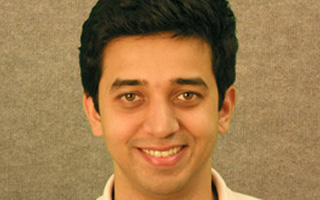
Learning and Dynamical Systems
Michael Muehlebach is leading the independent research group Learning and Dynamical Systems at the Max Planck Institute for Intelligent Systems in Tuebingen, Germany. He is interested in a wide variety of subjects, including machine learning, dynamics, control, and optimization. Some of his recent work deals with large-scale constrained optimization in a machine learning context, stochastic minimax optimization, adaptive decision-making and reinforcement learning. While rigorous theory and mathematical analysis forms the basis of his research, he also likes to evaluate his algorithms in experiments with real-world cyber-physical or robotic systems, such as balancing robots or flying vehicles. Throughout his career Michael has received numerous awards, such as the ETH Medal and the HILTI prize for innovative research, and he was awarded the Branco Weiss and Emmy Noether Fellowship. Read more
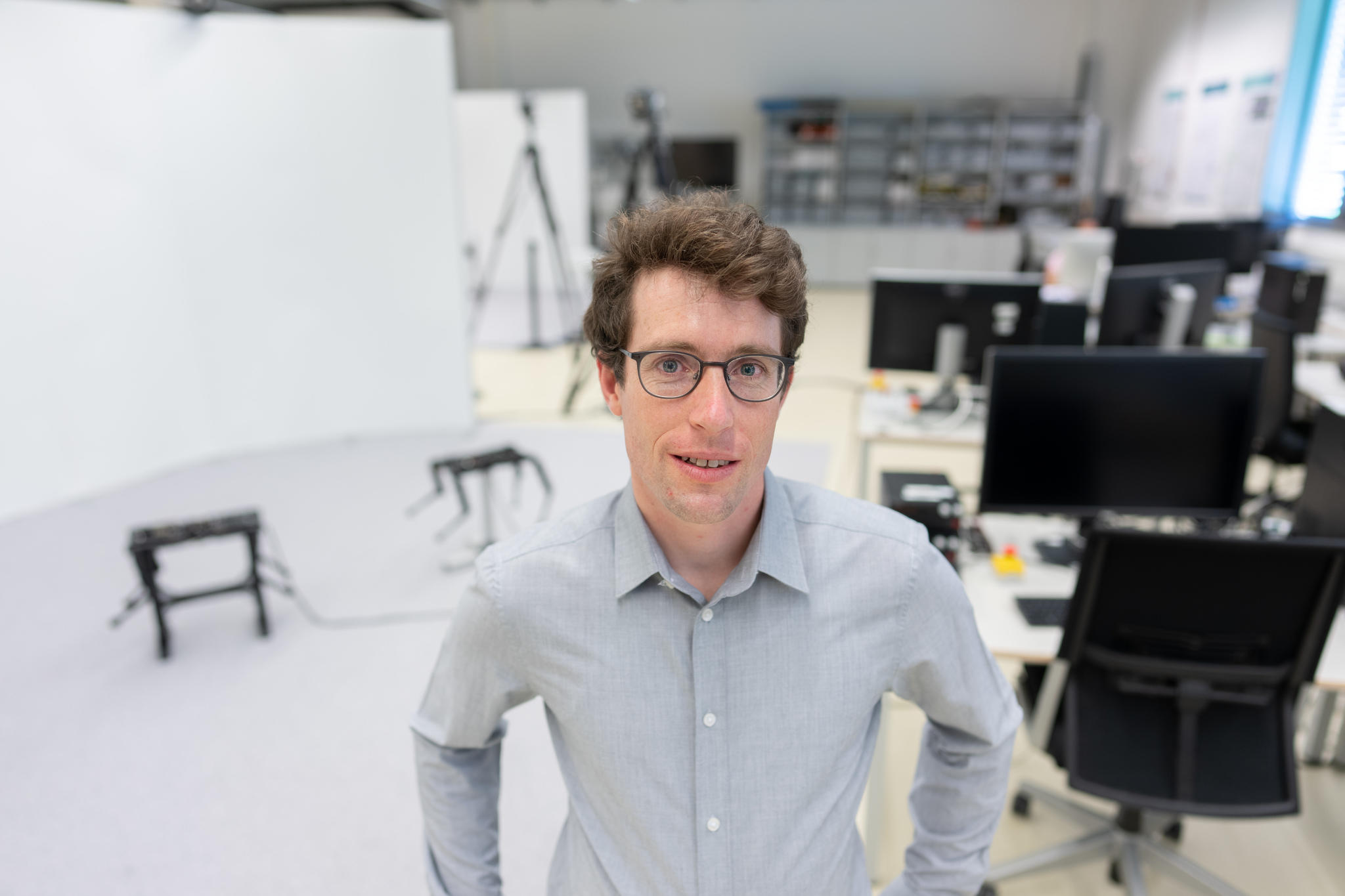
Foundations of Algorithmic Verification
Joel Ouaknine is a Scientific Director at the Max Planck Institute for Software Systems, where he leads the Foundations of Algorithmic Verification group. He also holds secondary appointments at Saarland University and Oxford University. His research interests span a range of topics broadly connected to algorithmic verification and theoretical computer science. His group's recent focus has been on decision and synthesis problems for linear dynamical systems (both continuous and discrete), making use among others of tools from number theory, Diophantine geometry, and real algebraic geometry. Other interests include the algorithmic analysis of real-time, probabilistic, and infinite-state systems (e.g. model-checking algorithms, synthesis problems, complexity), logic and applications to verification, automated software analysis, and concurrency. Read more
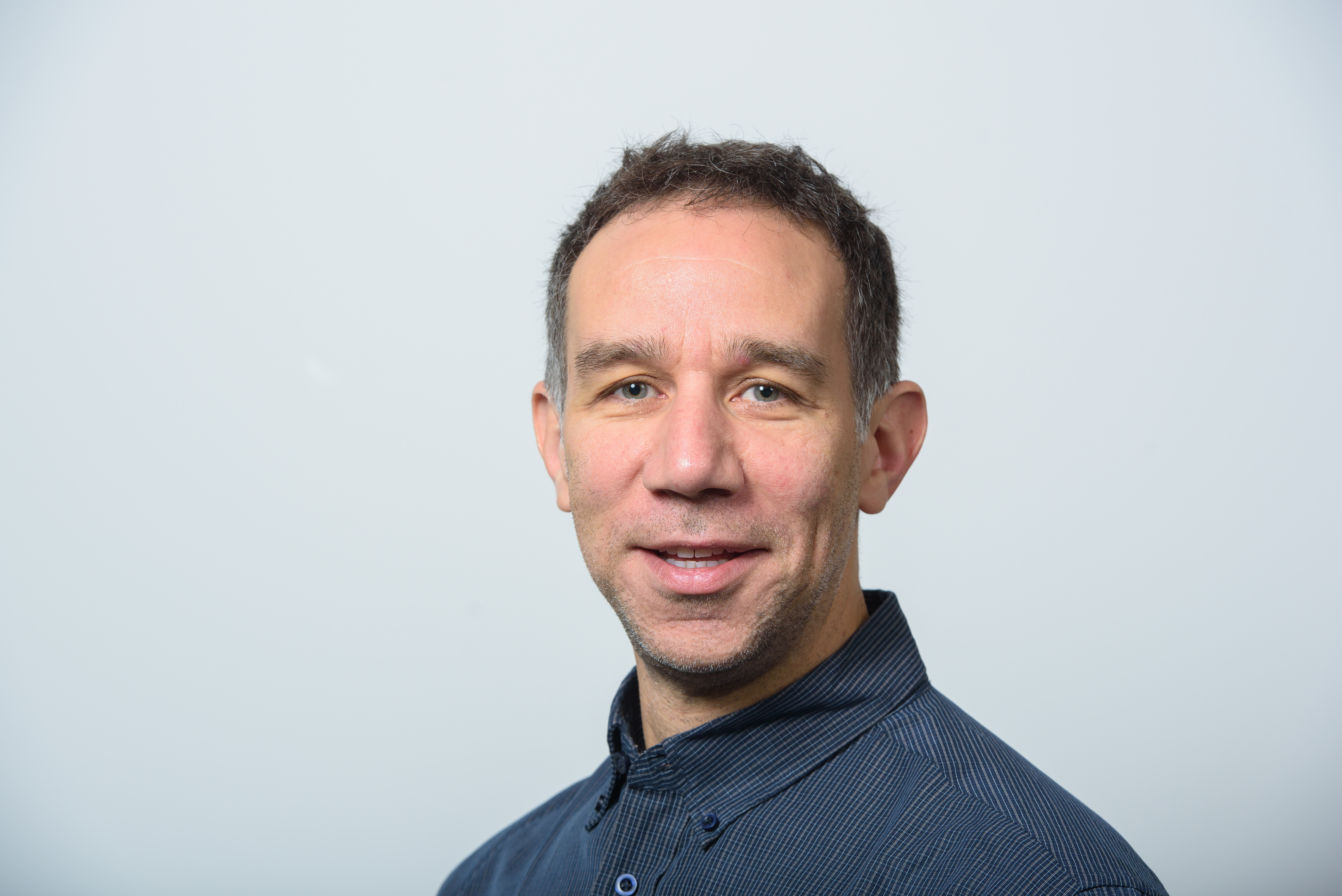
Control Software Systems
Anne-Kathrin Schmuck is an independent research group leader at the Max Planck Institute for Software Systems in Kaiserslautern, Germany, funded by the Emmy Noether Programme of the German Science Foundation (DFG). Her research is driven by the goal to significantly expand the applicability of fully automated synthesis tools to reliable cyber physical system design. Her work draws inspiration from both Control Theory and Computer Science and centers around Reactive Synthesis, Supervisory Control Theory, Abstraction-Based Controller Synthesis, and Hierarchical Control. Recently, she has developed lazy abstraction techniques where abstract automata models of continuous system dynamics are generated lazily to enable efficient controller synthesis for discrete mission tasks. Further, she is developing contract-based distributed synthesis methods to safely coordinate multiple system components. Read more
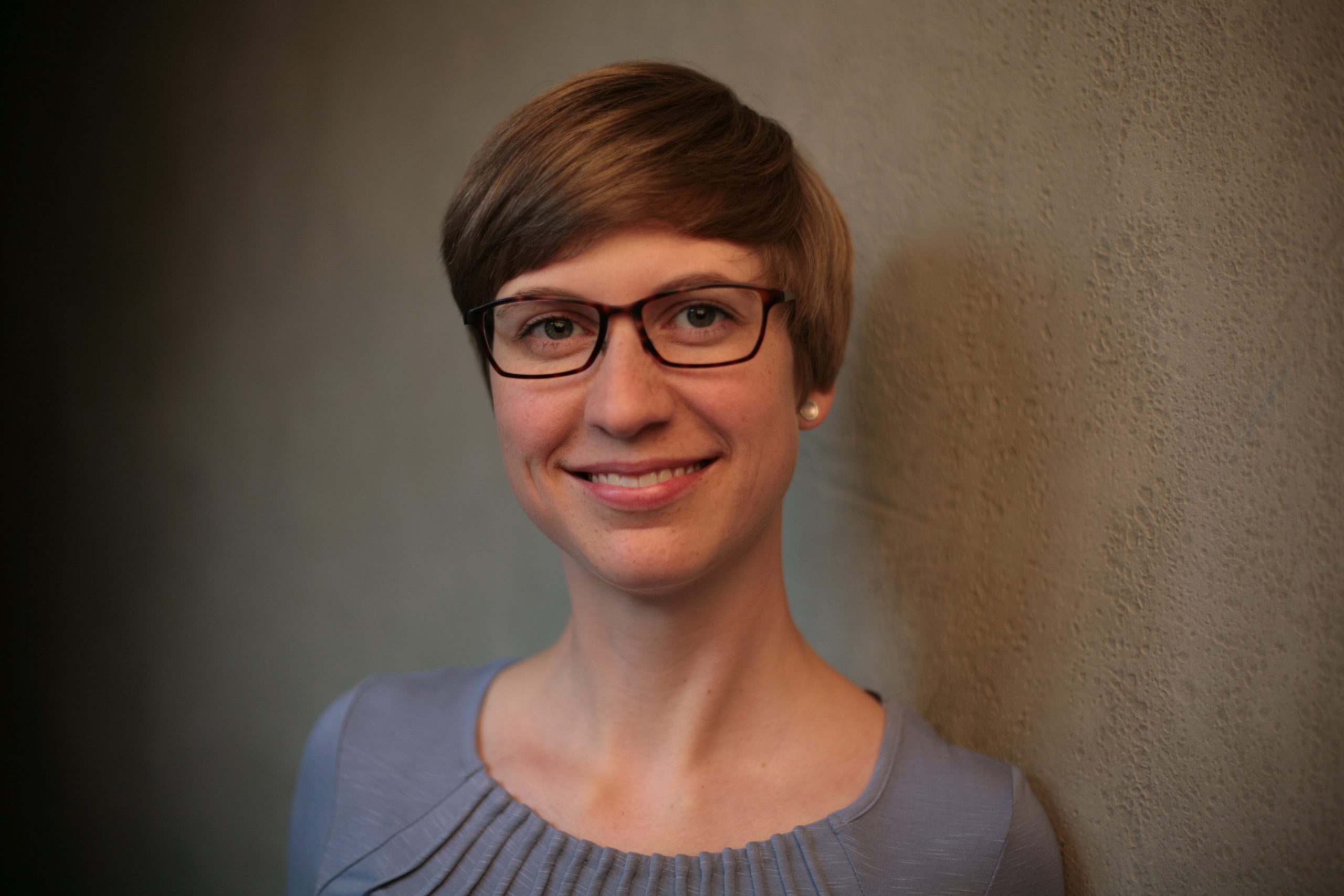
Empirical Inference
Bernhard Schölkopf directs the Empirical Inference Department at the Max Planck Institute for Intelligent Systems. The department investigates problems of empirical inference, i.e. inference based on empirical data. The type of inference can vary, including for instance inductive learning (estimation of models such as functional dependencies that generalize to novel data sampled from the same underlying distribution), or the inference of causal structures from statistical data (leading to models that provide insight into the underlying mechanisms, and make predictions about the effect of interventions). Empirical data may also vary, from sparse experimental measurements (e.g. microarray data) to visual patterns. The department uses theoretical, algorithmic, and experimental approaches to study these problems. Read more
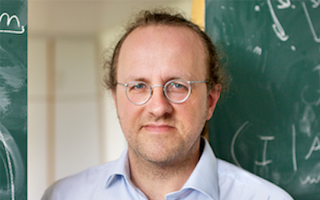
Physical Intelligence
Metin Sitti directs the Physical Intelligence Department at the Max Planck Institute for Intelligent Systems. The department aims to understand the principles of design, locomotion, control, perception, and learning of single and large numbers of small-scale mobile robots made of smart and soft materials as our physical intelligence platforms. The intelligence of such robots would dominantly come from their physical design, materials, and control more than, or in addition to, their computational perception, learning, and control. Such physical intelligence methods are indispensable at the small scale, especially since small-scale mobile robots are inherently limited in computation, actuation, powering, perception, and control capabilities. Read more

Intelligent Control Systems Group
Sebastian Trimpe is a Max Planck and Cyber Valley Research Group Leader at the Max Planck Institute (MPI) for Intelligent Systems in Stuttgart, Germany. Sebastian leads the independent Max Planck Research Group on Intelligent Control Systems, which focusses on fundamental research at the intersection of control, machine learning, networks, and robotics. With his group, he develops fundamental methods and algorithms that enable robots and other intelligent systems to interact with their environment through feedback, autonomously learn from data, and interconnect with each other to form collaborative networks. Turning mathematical and theoretical insight into enhanced autonomy and performance of real-world physical systems is an important and driving facet of their work. Read more
